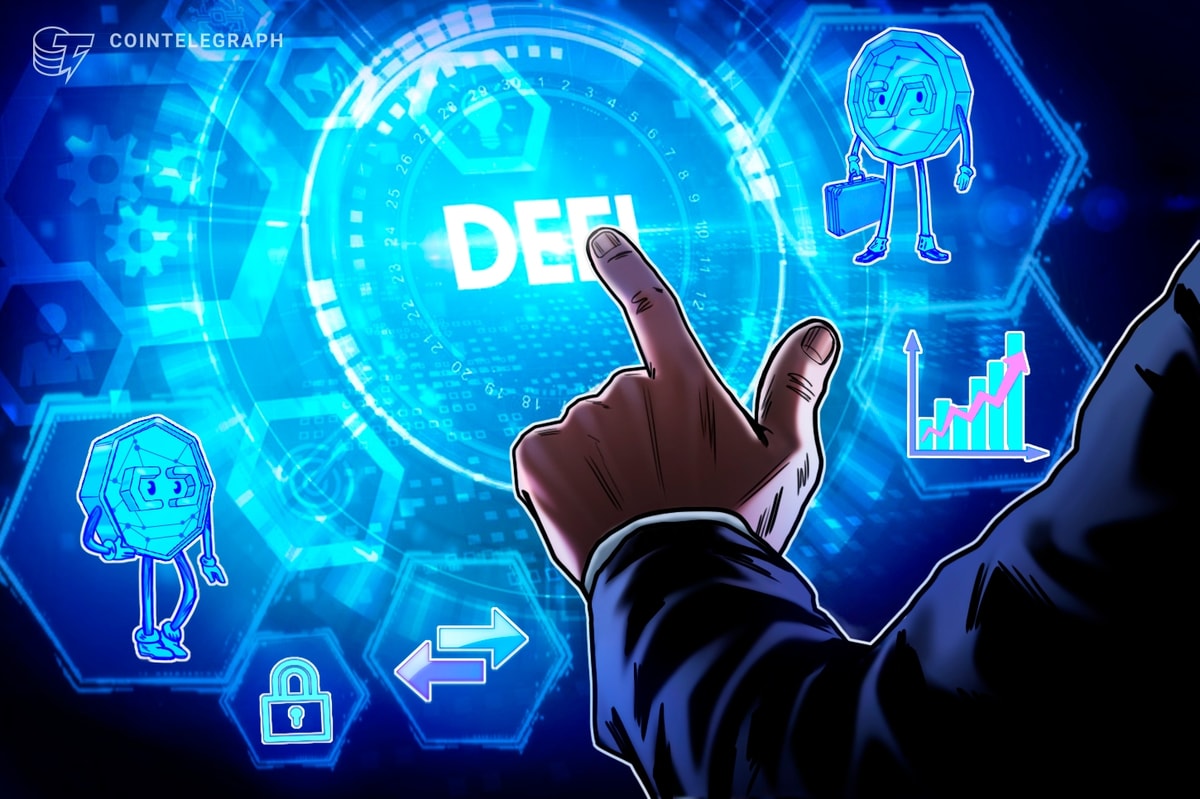South Korea and US can't find common ground on cash part of $350 billion investment deal


South Korea and the United States are stuck in a deadlock over the cash side of a $350 billion investment deal, just days before Presidents Donald Trump and Lee Jae Myung meet on October 29 at the APEC summit in Gyeongju.
South Korea’s Industry Minister Kim Jung-kwan admitted Friday that the split is still “sharp,” warning there may be no agreement in time for the summit. And yeah, this standoff could screw up tariff cuts that were promised months ago.
Kim returned early Friday morning from Washington after a second round of trade talks in less than a week, this time with U.S. Commerce Secretary Howard Lutnick.
“From our perspective, we believe the amount should be smaller, while the U.S. maintains that it needs to be larger,” Kim said, pointing to the part of the deal that actually involves real cash, not just pledges or paper promises. He was joined in D.C. by Policy Chief Kim Yong-beom, who said both governments still have a “long way to go” before anything gets signed.
South Korean tariffs remain frozen at 25%
The delay means 25% tariffs on Korean cars and auto parts are still in place, instead of dropping to 15% as agreed back in July. Meanwhile, Japan got its deal finalized in September, which now gives Tokyo-based automakers a big price edge over Korean rivals in the U.S. market.
Seoul clearly doesn’t want to get bullied into accepting the same profit terms Japan signed onto, especially when the cash burden could punch a hole through its currency reserves.
And the numbers being thrown around aren’t small. According to Chosun Ilbo, Washington wants an average of $25 billion a year for eight years, but Seoul insists it can’t go above $15 billion annually. That’s a $10 billion per-year gap.
And the Bank of Korea isn’t happy either. It has warned that $20 billion per year is already the upper limit if they don’t want to mess with the won’s stability. Anything higher than that, and they’re risking major shocks to the Korean financial system.
Finance Minister Koo Yun Cheol said this week that the two countries are still hammering out the structure of the package, not discussing a currency swap. But that’s odd, because last month Prime Minister Kim Min-seok told Bloomberg that without one, the deal would be a disaster for the Korean economy. It’s unclear why the swap idea was shelved or who killed it.
The U.S. is also demanding a 90% cut of the profits once the initial capital is recovered, echoing the deal they already locked in with Japan. Kim Jung-kwan admitted “we haven’t set a time limit yet,” but said they’re “doing our best to uphold our position until the end.” He wouldn’t confirm the $25 billion figure, but said profit-sharing was definitely part of the conversation.
If you’re reading this, you’re already ahead. Stay there with our newsletter.





